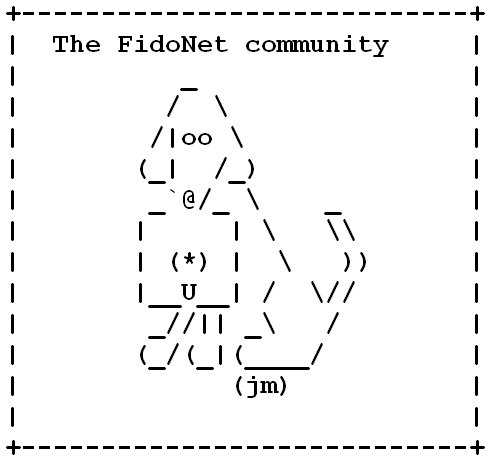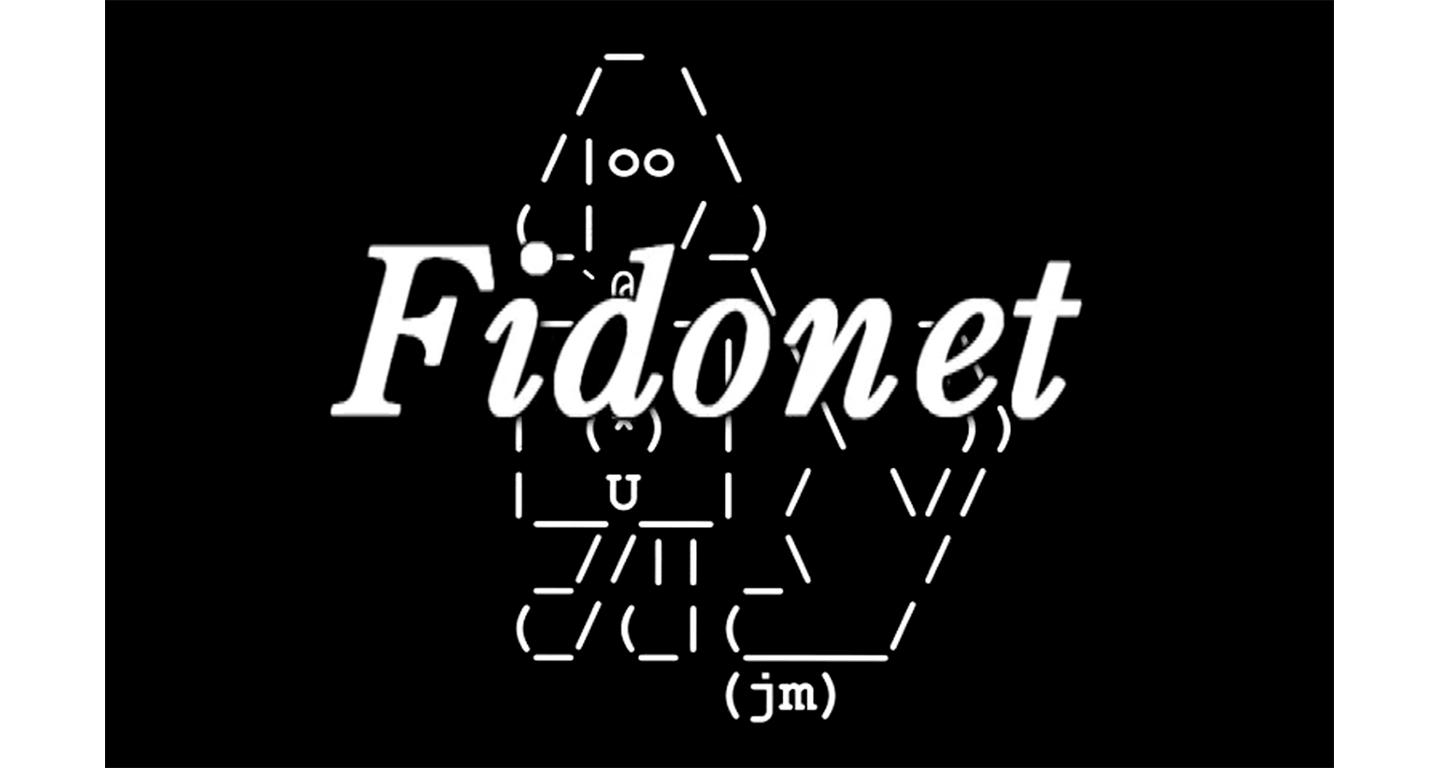The New Internet Commons: Queercore, Cyberpunk and Networked Communities
Queercore, Cyberpunk and Networked Communities is a one-night event organized by artist David Ertel that will focus on the past, present and future of queer communities online. Amongst the keynote speakers is artist and technologist Tom Jennings, who created the FidoNet, an early, low cost, DIY internet protocol that facilitated private and public messaging, and was a pivotal figure in the Queercore movement, popularizing it with the publication of Homocore, one of the first queer zines. FidoNet, named after Jennings’ computer in the ‘70s, which he likens to a mutt because it was cobbled together from many disparate parts, had the following mandate: “unimpeded communication between individuals. No person or group has any more or less right to communicate than any other. No one moral or ethical code has precedence over any other. When conflicts arise, weight shall be given to solutions that favor freer, broader or expanded communications. Justice takes precedence over expediency.”
In the late 1980s, Jennings co-founded the magazine Homocore, which was one of the first queer punk zines. The writer Dennis Cooper, writing in 1990 for the Village Voice described queercore zines as a reaction against the mainstreaming of queer culture. “These zines share a hatred for political correctness, yuppification, and all things bourgeois, especially within gay culture…Though he’d probably deny it, Jennings’s motor-mouthed editorializing makes him the unofficial conscience of the movement.”
Jennings was at the vanguard of two communities that were rapidly gaining influence in popular culture: the early Internet, and the intersection of queer and punk cultures. This event will explore both the historical context that led to the development of FidoNet as well as the relevance and possibility for realizing these mandates in today’s networked world. It will ask what their absence means for queer communities in our current internet context, characterized by concentrated power, lack of transparency and inadequate protection of individual freedoms and privacy. We will be asking him about how these cultures influenced each other, how queer life intersected with an emerging networked culture, and how queer culture online has evolved today from his perspective.
In conversation with Jennings is Avery Dame-Griff, a professor at Winona State University, who wrote his PHD dissertation on transgender Usenet communities from the early 90’s. Dame-Griff is also the lead curator of the Queer Digital History Project (http://queerdigital.com/), an ongoing effort to document pre-2010 LGBTQ digital spaces online. Their current projects include a catalog of early LGBTQ online communities, an archive of transgender-related Usenet newsgroups, and interactive maps of TGNet, one of the first international transgender-specific BBS networks.
Also on this panel is artist Jasmine Nyende, who grew up with the Internet and for whom the Internet serves as a medium, subject matter, and a disseminator for her work. Nyende’s diverse practice often touches on issues of intimacy, empathy, queerness, and relationships with others that are mediated through various social networking platforms. Her play Lost Angles, performed at the 2017 ALAC Art Fair, spans 10 years, from Jasmine’s first social media accounts–Photobucket and Myspace–to the current virtuality she inhabits. By pulling, reworking and creating long form content based on relationships with extinct versus emerging media platforms, Lost Angles is a multilayered study in identity formation.


Support for this event is provided by The Center for Integrated Media at the California Institute of the Arts (CalArts)
Special thanks to Tom Leeser and Dan Bustillo for their help and support
Tom Jennings is an artist, technologist and educator. Aside from creating FidoNet, the most influential protocol for networking computer bulletin boards, Jennings built Wired magazine’s first internet presence, wrote the portable BIOS that led to Phoenix Technologies BIOS, ran an early regional internet service provider, The Little Garden and maintains an informal archive of Cold War science and technology. In the late 1980s, Jennings co-founded the magazine Homocore, which was one of the first queer punk zines.
Avery Dame-Griff is a Fixed Term Assistant Professor in Mass Communication at Winona State University. His current manuscript, The Two Revolutions, studies how the internet transformed transgender politics in the 1990s. He also curates the Queer Digital History Project (http://queerdigital.com/), which documents pre-2010 LGBTQ digital spaces online.
Jasmine Nyende is a multidisciplinary artist from South Central Los Angeles. Her work revolves around care, as told through the lack or pursuit of safety and stories surrounding how we show empathy to other people. She is the lead vocalist of FUCK U PAY US and her art practice spans poetry, performance, fibers/ textiles, digital presentations, and painting.
Sara Constantino is a cross-disciplinary teacher, researcher and writer. She works on topics at the intersection of ecology, economics, sociology, computer and cognitive sciences. Currently, she is working on topics including our evolving conceptions of work (e.g. universal basic income), the role of artificial intelligence in various aspects of our daily lives, and how institutions and norms are mediated by social networks and understood in the context of complex ecological systems.
David Ertel is an artist, programmer and researcher. He recently completed an MFA in Media Arts at UCLA. His work touches on the ambiguous relationship between technology and our natural ecosystems through various digital-material interventions and engages entropy as a visible substance by revealing the dynamics of technological and natural processes.
Image by John Madil, FidoNet and Homocore Zine, Issue 5